How three CBS students changed the way legal aid runs, took on 20 advisors and helped 250 people last month alone
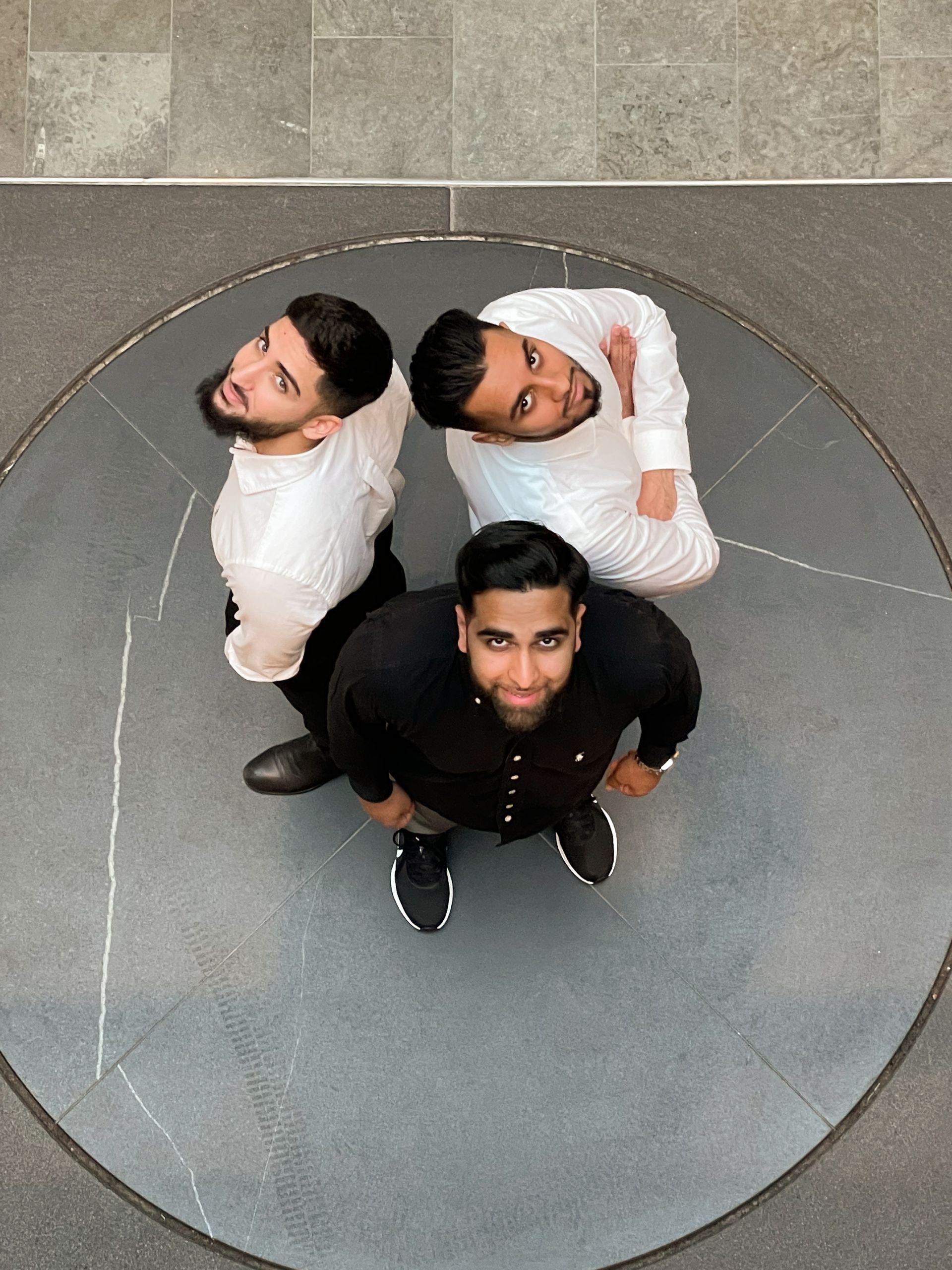
Shamdin Abdulla, Haris Rafique, and Anas Rashid, students taking BScs in Business Administration and Commercial Laws (HA Jur.) at CBS, are the founders of Retshjælperen. (Photo by Signe Mereta Lauesen)
“The whole process of putting together a team, recruiting people and how you engage with different people are aspects I’ve learned a lot from. I never knew how hard hiring people would be," says one of the three founders of Retshjælperen. They are constantly searching for more advisors among CBS and KU students.
Shamdin Abdulla, Haris Rafique, and Anas Rashid, students taking BScs in Business Administration and Commercial Laws (HA Jur.) at CBS, are no strangers to offering legal advice to friends and family. However, since the COVID-19 crisis began, the three students, intrigued by the situation surrounding legal aid, noticed a sudden change in the supply and demand of free legal advice.
“We had the idea of creating online legal aid during the first COVID lockdown, when we saw that all the physical legal aid offices were closed, leaving many people unable to receive any help. The demand for legal assistance was huge and no one could meet this demand, so we thought to ourselves that this problem could surely be solved better through the convenience of a digital platform,” says Haris Rafique.
Retshjælperen is a free legal aid outlet operating entirely digitally. Currently, the organization helps both private individuals and companies online and functions without any physical offices.
“By then, we had realized that COVID might be here to stay, and we didn’t really know if the restrictions would be over in a month or a year. We also knew there was a lot of uncertainty, but we just took a leap of faith and established Retshjælperen,” adds Anas Rashid.
The three founders have been on a growth journey since day one. What started as three friends working together now spans twenty legal advisors and a constant search for more advisors among CBS and KU students just to keep up with the number of cases they receive daily.
You get a kind of value that is different from when you are studying or at work
“Last month, we had around 250 cases and the number is increasing every month. We have different initiatives up our sleeves to get more cases, but haven’t used any yet because of capacity… we don’t have enough people. That’s why we’re looking for more students to join our organization,” adds Haris Rafique.
The ins and outs of running a free legal aid service
Providing legal advice and running a legal aid NGO would seem like a tricky task to most mere mortals. Anas Rashid sees it differently.
“It’s quite simple. We have a website with a contact form where you fill in your name and describe your problem. We then receive your message in our email, read through it, review it, look into the problem and see if it’s something we can help with. And if it is, which is mostly the case, one of our legal advisors then handles and solves the case,” says Anas Rashid and continues:
“The main difference between the help we provide and what lawyers do is that we cannot represent someone in court. We strive to give general basic tips on law because the law is something that people have a hard time understanding, but it really is just the way it’s formulated. And so, we try to formulate the law in a way that everyone can understand.”
Choosing the non-profit route
The founders’ and volunteers’ work at Retshjælperen is unpaid. At least in conventional terms.
According to the three students, non-profit work among CBS students is much less visible than working for profit. But they see several reasons why it should and could become more popular.
“We made the decision mainly so we could experience working in different areas of the law. But also because we wanted to make a difference by helping people with their legal problems. Some cases take us 10 minutes to solve, and the person is totally relieved. That is the value you get from being a Retshjælperen advisor. You’re helping people who can’t afford legal help or don’t know the rules and their rights. I know it’s not huge, but you get a kind of value that is different from when you are studying or at work,” acknowledges Haris Rafique.
Hands-on experience
Many students think finding a good study job can be a nightmare. Even unpaid positions can be as competitive as paid ones.
“We have all been there, and we all know how frustrating that can be. But those unpaid positions can be a ticket to your dream student job,” say the three students.
I think the team aspect and the entire process of putting that together has taught me the most
“People who apply to work with us mostly have law-related backgrounds and are studying at the University of Copenhagen or CBS. I think the main reason why people want to join Retshjælperen is to help people. The second reason is the experience. Student assistants in other companies only work with one area of law whereas working at Retshjælperen allows you to explore different legal areas,” explains Haris Rafique.
Anas Rashid adds: “It’s a great opportunity for many students to get hands-on experience before applying for student jobs, because student assistants are always appreciated more if they already have legal experience.”
From law to business and back
Apart from the competencies the founders have gained through working with individual cases, they quickly realized that starting a legal aid business requires certain administrative skills.
Anas Rashid points out: “The whole process of putting together a team, recruiting people and how you engage with different people are aspects I’ve learned a lot from. I never knew how hard hiring people would be. There are many different factors to consider. There are grades, but also the person’s personality, how they are to work with, etc. I think the team aspect and the entire process of putting that together has taught me the most.”
Shamdin Abdulla adds: “I’ve never organized and established a business before, so that was new territory for me. It’s been great getting legal experience by passing on knowledge we’ve obtained from our education because studying law is very different to actually helping people with it.”
The digital benefits
Haris Rafique explains how getting help from the digital department has allowed the organization to take off.
“It was quite a journey for us because we started as three students with legal backgrounds. We knew we could help people, but our issue was getting cases. We can make an appealing website, but how can we get people to find us and reach out with their cases?
We knew we needed legal advisors to solve the cases, but we soon realized that we also needed other competencies to grow the organization. So, I reached out to a friend of mine, Victor André Enselmann, who is studying Business Administration and Digital Management at CBS and has worked with digital marketing, and asked if he wanted to join the organization and help us. He did and from there on, we just started growing.”
“When we began at the start of 2021, we used mainly Facebook and other social media to spread awareness and get cases. But after a couple of months, when Victor’s SEO work began gaining traction, our website rankings started rising, and now it’s the source of most of our cases, and the reason for our sudden growth,” adds Anas Rashid.
What the future holds
For now, they want to focus on recruiting enough legal advisors to match the influx of cases, and they would really like to expand as far as possible after they graduate – in the near future.
“Our ultimate goal is to become the biggest digital legal aid business in Denmark because we truly think receiving legal aid in physical surroundings is not the most effective way to help people. Through our digital solution, we’re can help many more people with their legal problems, and we want to help even more in the future,” says Anas Rashid.
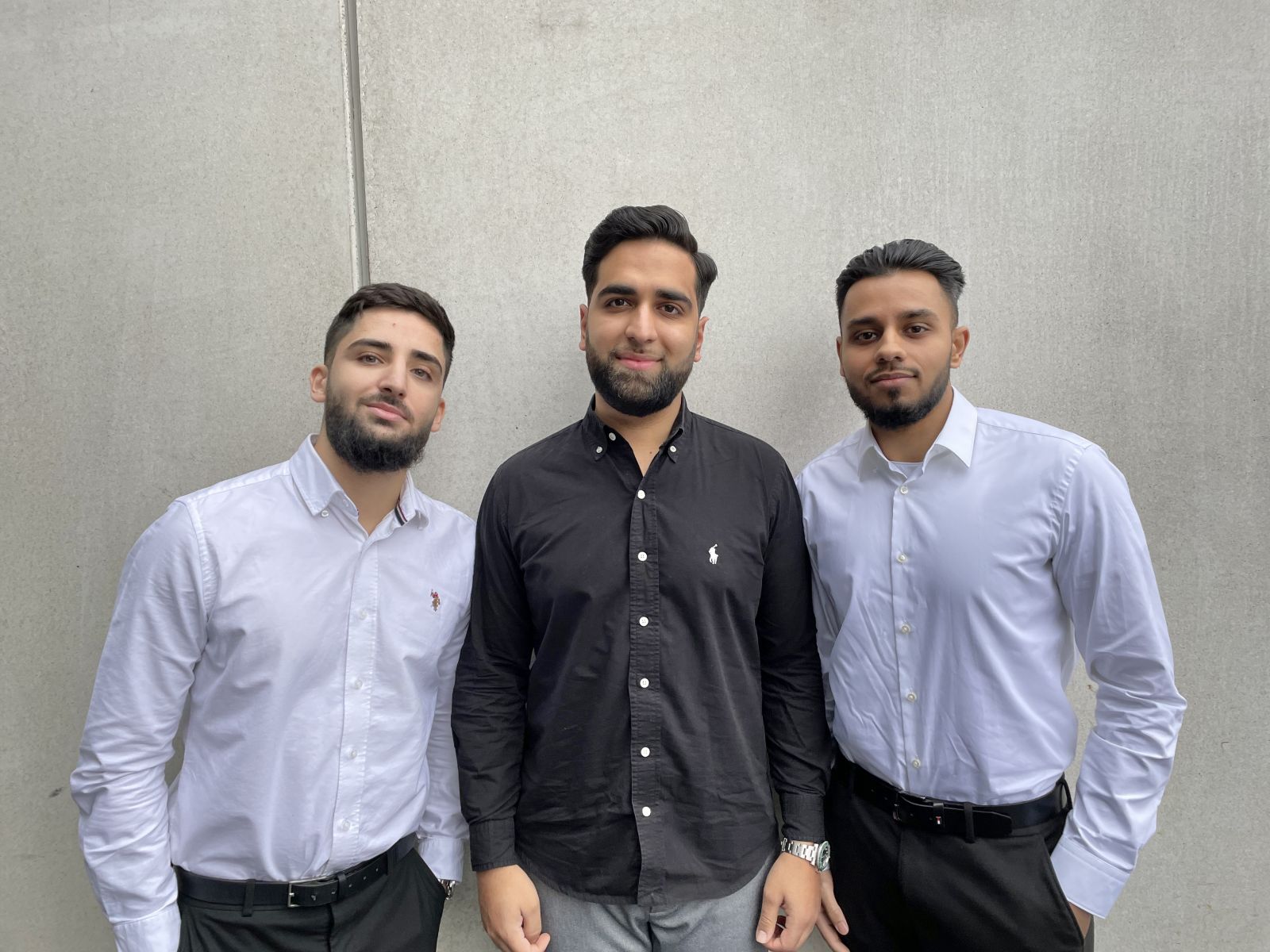



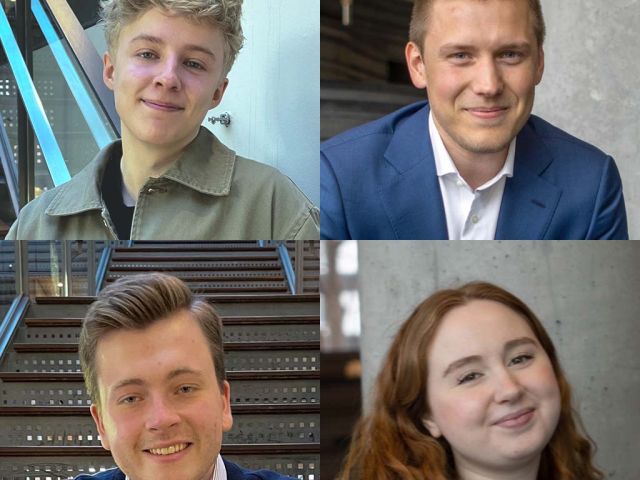

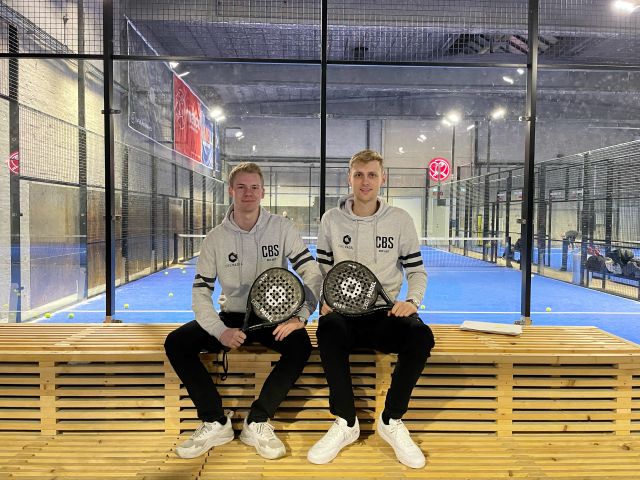
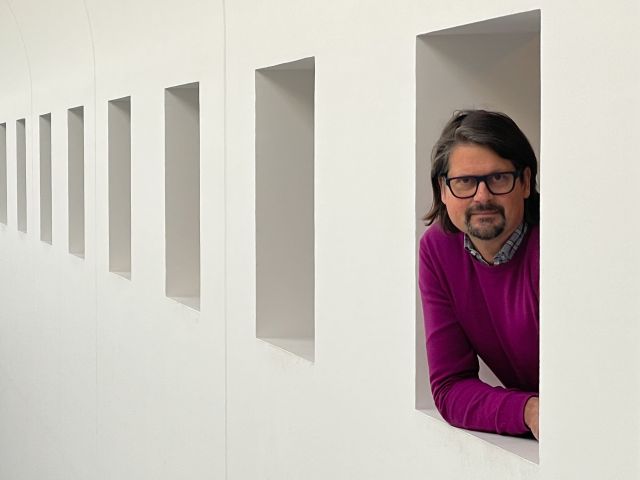

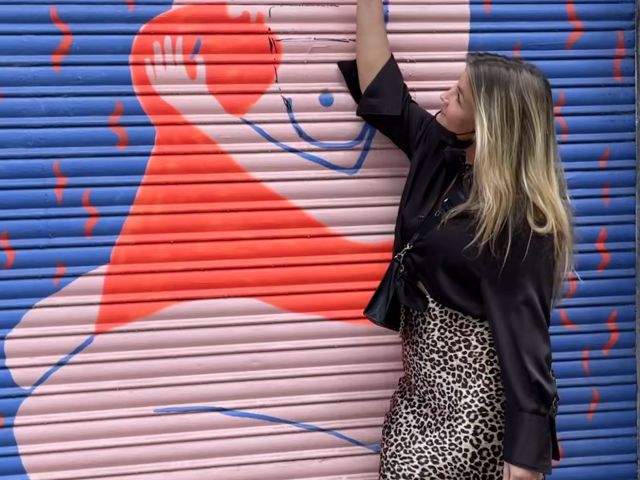




























































































































This is really a great work.
Keep it up